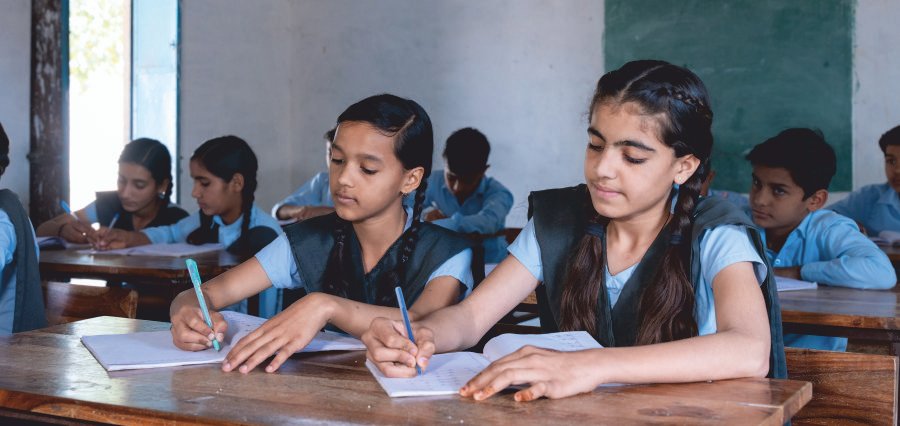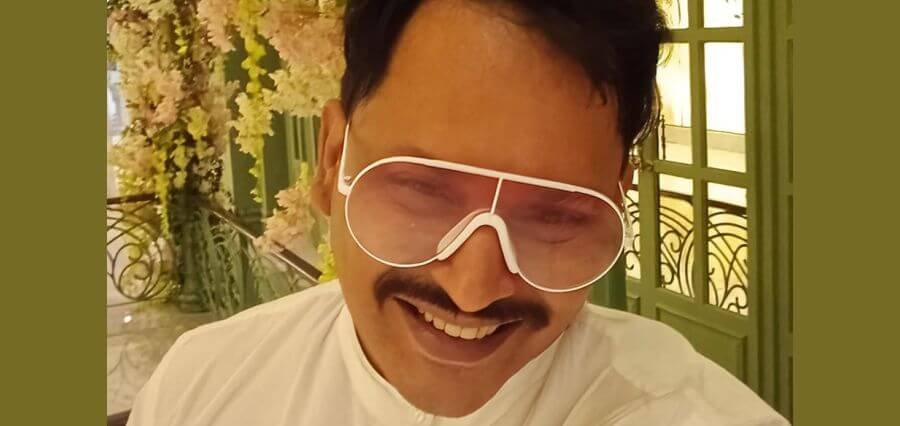Prime Highlights
- Chief Minister Manik Saha emphasized that Eklavya Model Residential Schools (EMRS) are key to providing quality and holistic education while preserving tribal culture and traditions.
- Saha noted that EMRS received significant momentum under Prime Minister Narendra Modi’s leadership, helping vulnerable tribal students access equal educational opportunities.
Key Facts
- 12 out of 21 sanctioned EMRS in Tripura are now operational, offering free education to nearly 5,000 tribal students.
- The newly inaugurated EMRS at Jampuijala, built at a cost of ₹29 crore, currently accommodates 60 students and has the capacity for 480.
Background
Tripura Chief Minister Manik Saha on Thursday announced that 12 of the 21 Eklavya Model Residential Schools (EMRS) sanctioned for the state are now operational, offering free education to nearly 5,000 tribal students.
Speaking after inaugurating a new EMRS at Jampuijala in Sepahijala district, Saha said the school aims to deliver quality and holistic education to tribal children while preserving their unique culture, traditions, and languages.
“The EMRS model was first launched in 1997-98, but it has gained real momentum after Narendra Modi became Prime Minister. These schools are helping vulnerable tribal students get equal and quality education,” the Chief Minister said.
The newly inaugurated Jampuijala school, built at a cost of ₹29 crore, began with 60 students but can accommodate up to 480. Saha said the initiative would help bridge the education and development gap in tribal areas.
He added that once all 21 EMRS become functional, over 10,000 tribal students from Class 6 to 12 will receive free education, bringing a “positive change” to the tribal communities.
Highlighting the government’s welfare efforts, Saha said 29 new hostels have been built in rural regions to support tribal students pursuing education. Around 34,000 tribal students currently live in 407 government-run hostels across Tripura.
“Wardens are being appointed to ensure smooth management of these hostels. This reflects our government’s strong commitment to the welfare and progress of tribal communities,” he said.





